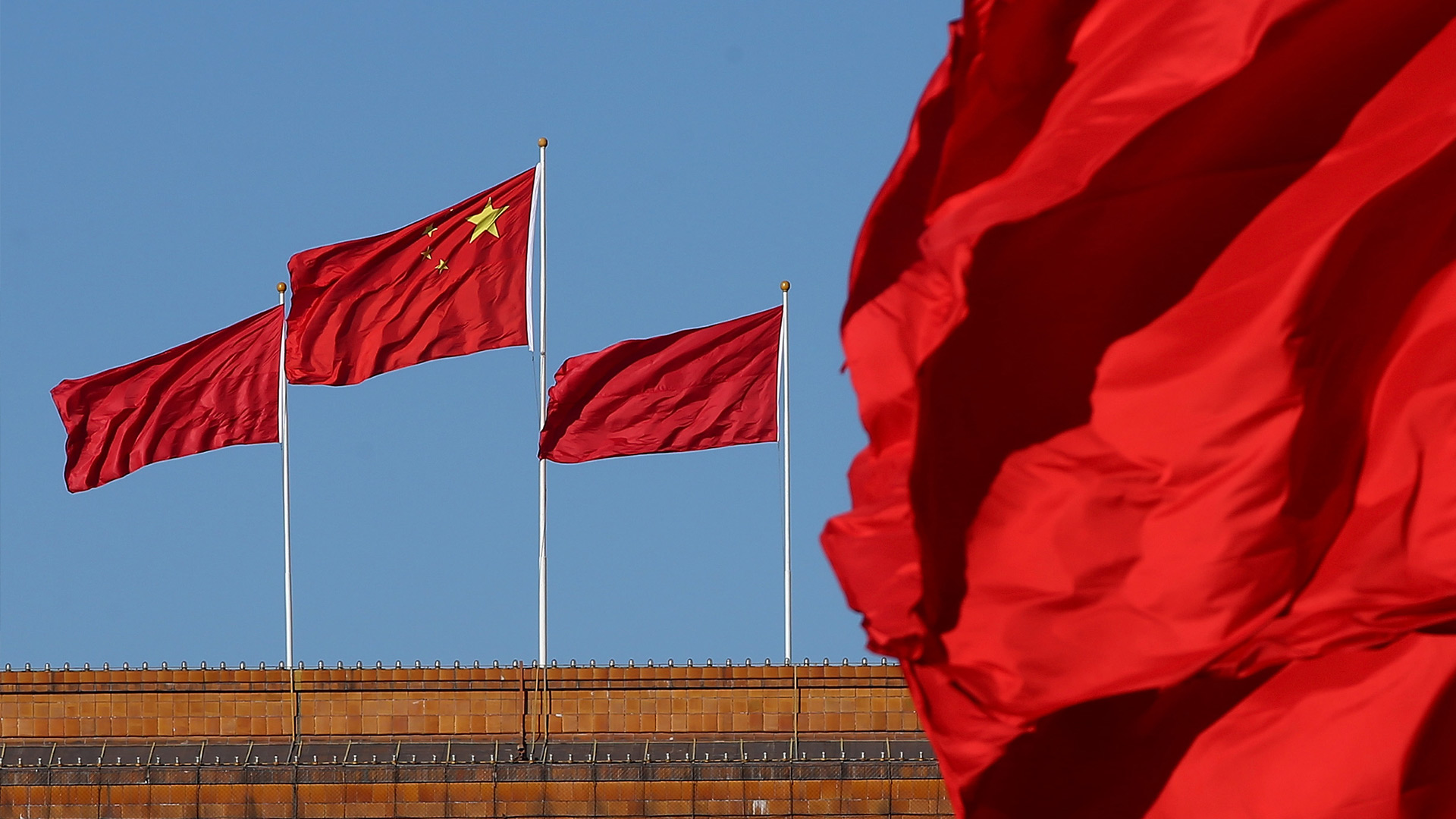In 2021, the Chinese government banned all crypto activities in the country. This development, led by Bitcoin, triggered a significant drop in the entire cryptocurrency market. Despite the two-year ban, the crypto sector in China remains a hot topic. A decision made on October 10 drew attention back to the country.
Attention-Grabbing Evidence Requested from the Plaintiff
A press release by the Nanchang People’s Court managed to make headlines in the crypto world. According to the announcement made to the public on October 10, a person named Mr. Ming lent $80,000 worth of Tether tokens to Mr. Gang in April 2021. While this debt had to be repaid within six months, Mr. Ming took legal action as he was unable to collect his dues.
A precedent-setting decision was made by the court, once again bringing crypto bans to the agenda in the country. According to the court, a series of crypto bans implemented in the country were taken into account, and Mr. Ming was asked to prove that Tether is legally recognized as a fiat currency for his request for legal aid.

Invalidation of Legal Cases Due to Bans
Of course, Mr. Ming could not prove this, so the court declared that the case did not fall under appropriate legal laws. Mr. Ming’s objection petition was also rejected, and the court president made the following statement:
“There are legal risks associated with participating in crypto investment and trading activities. Any legal entities, non-legal entities, or individuals who invest in crypto currencies and related derivatives that violate public order and good customs will render the relevant legal cases invalid, and the resulting losses will be borne by themselves.”
China’s crypto ban, implemented since 2021, has frequently been in the spotlight. Another court decision in August, due to environmental concerns and lack of supervision, had attracted attention.
According to this decision, the Chinese People’s Court invalidated a $10 million Bitcoin loan agreement and stated that there was no legal recourse for the lender due to the borrower’s default, as all activities were banned in the country.

 Türkçe
Türkçe Español
Español









